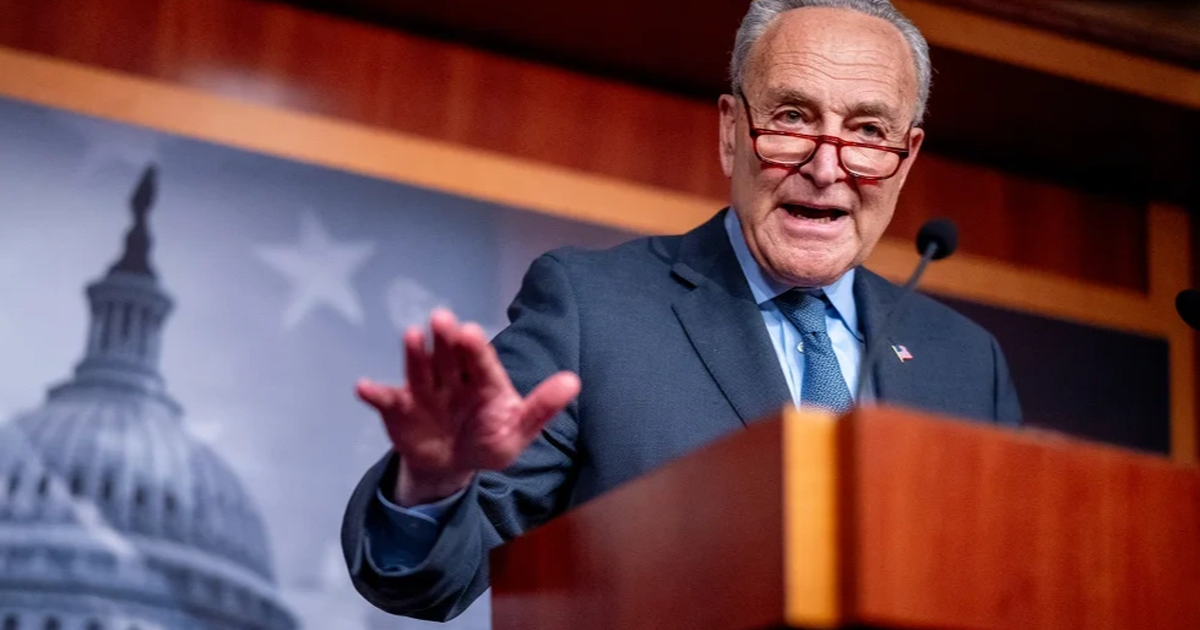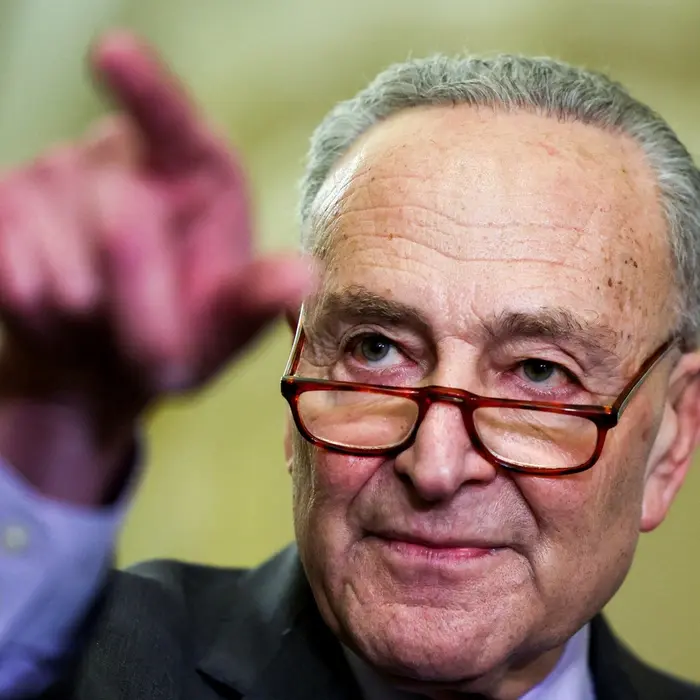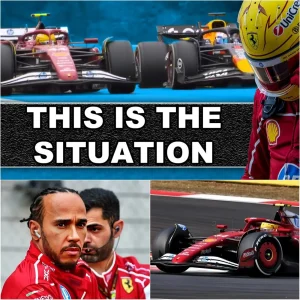The question of whether Senate Majority Leader Chuck Schumer should be investigated for corruption has become a hot-button issue in certain political circles. While no formal charges have been brought against him, critics argue that his long tenure in Washington and close ties to powerful donors warrant deeper scrutiny. On the other hand, supporters claim that such calls are politically motivated and lack substantive evidence. The debate raises broader concerns about ethics in public office, the perception of impropriety, and how political influence is wielded in Washington.

Chuck Schumer, a Democratic senator from New York since 1999 and majority leader since 2021, is one of the most influential figures in American politics. As a key architect of legislative strategy for the Democratic Party, Schumer has been instrumental in shaping major policy decisions, from infrastructure spending to pandemic relief and judicial appointments. With such power comes intense public attention—and, inevitably, accusations from opponents.

Those calling for an investigation into Schumer point to what they see as a pattern of behavior that benefits major corporate donors and lobbyists. Critics allege that Schumer’s legislative actions often align with the interests of powerful financial institutions and pharmaceutical companies, both of which have substantial operations in New York and are known to contribute heavily to political campaigns. They argue that this alignment raises questions about whether policy decisions are being driven by public interest or donor influence.
For example, opponents highlight his historical ties to Wall Street and his role in shaping banking regulations. Schumer has long been viewed as friendly to the financial sector, and his critics claim that he has resisted more aggressive reforms that would rein in big banks. Similarly, questions have been raised about his approach to drug pricing reform, with some suggesting that his positions may have been tempered by pharmaceutical industry lobbying. These arguments fuel the belief among skeptics that Schumer is emblematic of a broader culture in Washington where political power is closely intertwined with corporate money.
However, it is crucial to differentiate between influence and illegality. Accepting campaign contributions from legal sources—even large ones—is not inherently corrupt under current U.S. law. Unless there is evidence of quid pro quo arrangements or violations of campaign finance regulations, there is no legal basis for a corruption investigation. To date, there has been no public release of any credible evidence implicating Schumer in criminal wrongdoing or ethics violations that would justify a formal probe.
Moreover, Schumer’s defenders argue that he has consistently worked within the legal framework of campaign finance and has always disclosed his contributions as required. They point to his record on voting rights, gun control, and health care access as evidence that he champions policies beneficial to ordinary Americans. They also suggest that the calls for investigation are not about uncovering corruption but rather undermining a political opponent with influence over key legislative processes.
In an era of increasing distrust in political institutions, calls to investigate public officials are often driven by partisanship as much as by genuine concern. While holding elected leaders accountable is a vital part of any democracy, weaponizing investigations for political purposes can erode public faith in both justice and governance. If accusations are to be taken seriously, they must be backed by concrete evidence and pursued through appropriate legal and ethical channels—not simply amplified through headlines and social media.
The debate surrounding Chuck Schumer is ultimately a reflection of larger issues in American politics: the role of money in campaigns, the blurred line between lobbying and policymaking, and the challenge of maintaining ethical governance in a highly polarized environment. Whether or not Schumer should be investigated for corruption is less about any specific scandal and more about how the public perceives influence and accountability in a system where transparency often feels elusive.
Unless credible evidence emerges pointing to illegal conduct, there is little justification for a formal investigation into Chuck Schumer. That said, the broader concerns his critics raise about donor influence and political transparency are not without merit. Regardless of one’s stance, the situation underscores the need for stronger campaign finance laws, better oversight, and a more engaged public demanding integrity from those in power.






